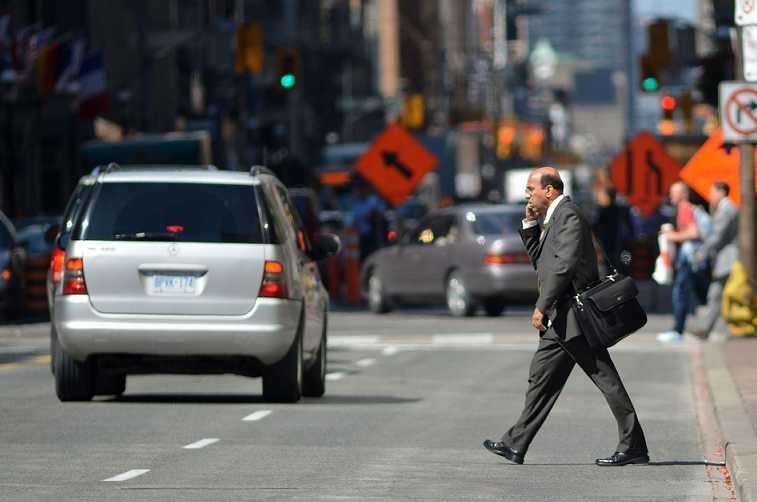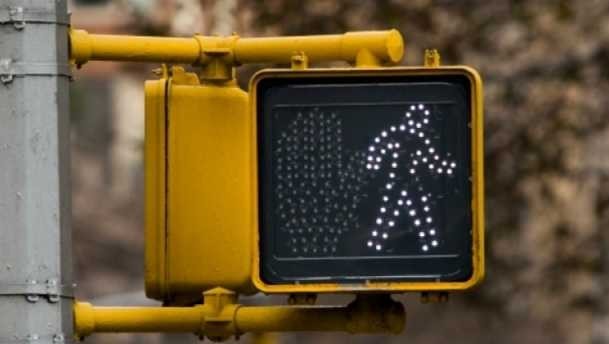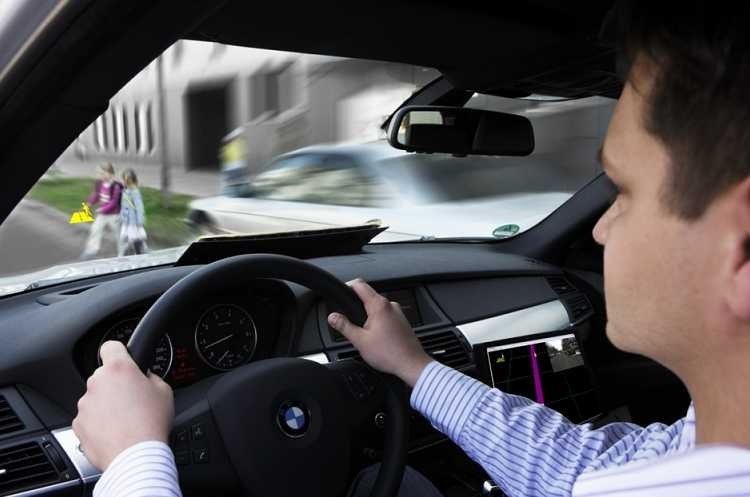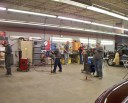Pedestrians Cause More Accidents than you’d Think
“A man walked right out in front of my vehicle and I had to slam on the brakes to avoid him. As a result, I was rear ended by the car behind me. By the time I could respond, the pedestrian ran off and I got stuck with the insurance bill!” This happens more than you’d imagine—accidents and injuries caused by careless pedestrians happen all the time in the US, and in cities like Bloomington.
When we think about accidents between cars and pedestrians, our first reaction is that the driver of the vehicle is probably at fault. Most of us have heard the old saying "the pedestrian has the right of way," even though that isn't always the case. In a pedestrian-vehicle accident, the pedestrian can actually be to blame, either partially or 100%, depending on the incident.
At Twin City Auto Body, we have seen numerous accidents involving drivers and pedestrians throughout Bloomington, and in almost every case, the driver ends up assuming the blame and liability. So, here is some pertinent information for both drivers and pedestrians to consider.

Pedestrians
Drivers and pedestrians need to share the road and both need to assume responsibility for their actions. In many large cities, pedestrians have become more brazen about jaywalking and other offenses. They figure “the driver has to look out for me, I don’t need to be aware of them.” And that’s true—until they cause an accident or get hit by a car.
If you’re a pedestrian and doing any of these things, you’re breaking the law:
- Jaywalking or crossing in the middle of the street, outside of a crosswalk
- Crossing against the traffic signal (i.e. in the crosswalk but against a red "Do Not Walk" command)
- Entering a street or highway while intoxicated
- Walking along highways, bridges, or causeways where pedestrian access is prohibited.

Everyone has different preferences when it comes to transportation, but there’s one that all road users share—everyone is a pedestrian. Unfortunately, pedestrians were one of the few groups of road users to experience an increase in fatalities in the United States in 2013, totaling 4,735 deaths.
On average, a pedestrian was killed every two hours and injured every seven minutes in traffic crashes. 14% of all traffic fatalities and an estimated 3% of those injured in traffic crashes were pedestrians.
From a legal standpoint, pedestrians are more at risk, because they’re not insured for walking on the street. If the pedestrian bears all of the blame for the accident, for example, the pedestrian will probably not be able to recover compensation for his or her injuries. In this case, the driver may actually be able to sue the pedestrian for compensation for any harm caused to the car, or for any injuries to the driver. In the end, the pedestrian causing an accident can be 1.) Injured without any compensation for their injuries and/or 2.) Liable for some or all of the driver’s bills.
The Driver and the Pedestrian
In reality, even when a pedestrian does bear some amount of blame for causing an accident, chances are that the driver of the vehicle is also partially at fault. For example, a pedestrian may be jaywalking, but the driver may not have been driving at a safe speed, or may have been distracted and therefore unable to stop in time.
So, what happens when both the pedestrian and the driver are at fault? Different states follow different rules in shared fault situations, but those rules are based on one of two basic legal concepts--comparative negligence and contributory negligence.

The scary statistics about pedestrian-related accidents have gained a lot of national attention lately and now it’s a top priority for the Department of Transportation. In particular, the U.S. Transportation Secretary Anthony Foxx declared pedestrian and bicyclist safety among his main focuses and launched his U.S. DOT Safer People, Safer Streets Initiative last year.
The National Highway Traffic Safety Administration (NHTSA) and the Federal Highway Administration (FHWA) continue to work to raise awareness about the dangers to pedestrians and bicyclists, and to provide leadership, expertise, and resources to communities across America to combat these crashes.
Please join us to reduce traffic safety risks to pedestrians and bicyclists in Bloomington MN, and to promote programs and countermeasures to save the lives of all road users on our nation's roadways. By pursuing these objectives all of us at Twin City Auto Body can breathe a little easier!
Sources: Dept. of Transportation, the National Highway Traffic Safety Administration and the Federal Highway Administration.















Social